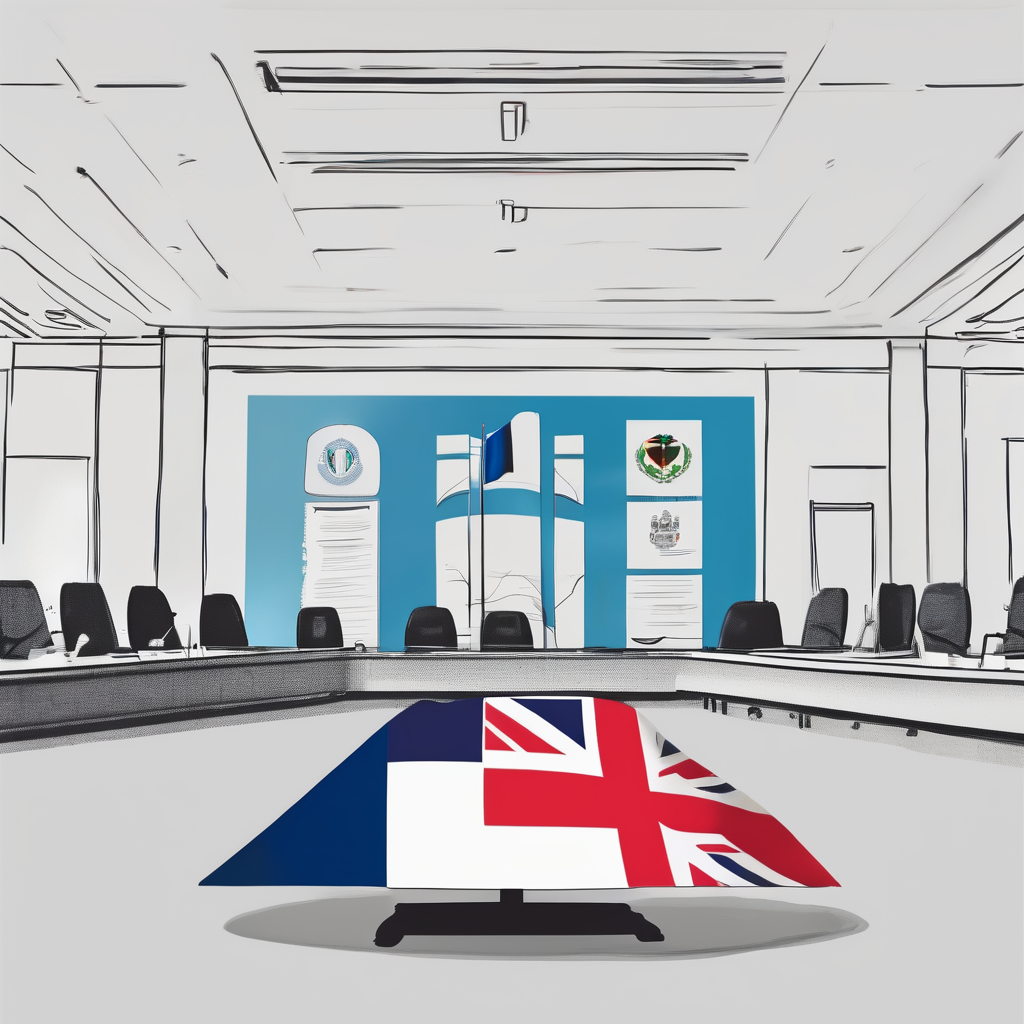Fiji Prime Minister Sitiveni Rabuka affirmed the country’s dedication to promoting health and well-being across the Pacific during the opening of the 76th World Health Organization (WHO) Regional Committee Meeting for the Western Pacific in Nadi. The meeting, lasting a week, gathers senior health officials from 38 member states, a notable increase from 17 members when Fiji last hosted this crucial event in 1984.
During his address, Prime Minister Rabuka emphasized the health challenges facing the region, including non-communicable diseases (NCDs), mental health issues, HIV, substance abuse, and the increased burden of mental health concerns intensified by COVID-19 and climate-related disasters. He pointed out that NCDs account for over 80% of deaths in Fiji, significantly hindering social development, and that mental health challenges often remain unrecognized, leaving many adolescents vulnerable to trauma and substance abuse.
To combat these pressing health issues, Fiji has initiated various proactive measures, such as enacting legislation to restrict unhealthy food marketing, implementing healthy school policies, and investing in mental health services through decentralized care and training programs. Despite these efforts, Rabuka noted that considerable barriers, including stigma, inadequate funding, and data gaps, persist.
The Prime Minister called for increased international financing to support Small Island Developing States (SIDS) in addressing the rising costs associated with NCDs and mental health care, stressing that these issues are compounded by climate change and geographic isolation. He linked Fiji’s philosophy of an “Ocean of Peace” to health improvements, asserting that peaceful societies lead to healthier outcomes and compassionate leadership fosters equitable health systems.
Echoing Fiji’s advocacy at the recent United Nations General Assembly, Rabuka reaffirmed the country’s commitment to universal health coverage, pandemic preparedness, and climate-resilient health systems, aligning with the 2050 Strategy for the Blue Pacific Continent. He remarked, “Healthy people drive economic growth; healthy communities build resilience; and healthy systems protect us from future crises.”
The Prime Minister urged participants to use the meeting as a platform to reflect, reset, and reimagine their shared future, hoping that deliberations would focus on wisdom, unity, and purpose, laying a solid foundation for a healthier Western Pacific.
Dr. Saia Ma’u Piukala, the WHO Regional Director, emphasized the importance of unity and compassion in health initiatives across the region. This meeting is particularly significant as it marks the first time the Pacific has hosted the event in over a decade, highlighting the region’s pivotal role in global health discussions.
Overall, this gathering represents a critical opportunity for robust cooperation among member states aiming to confront urgent health challenges collaboratively, instilling hope for transformative health initiatives and resilience in Pacific communities. The spirit of open dialogue will guide participants towards practical solutions that champion the health and well-being of the region’s populations.
